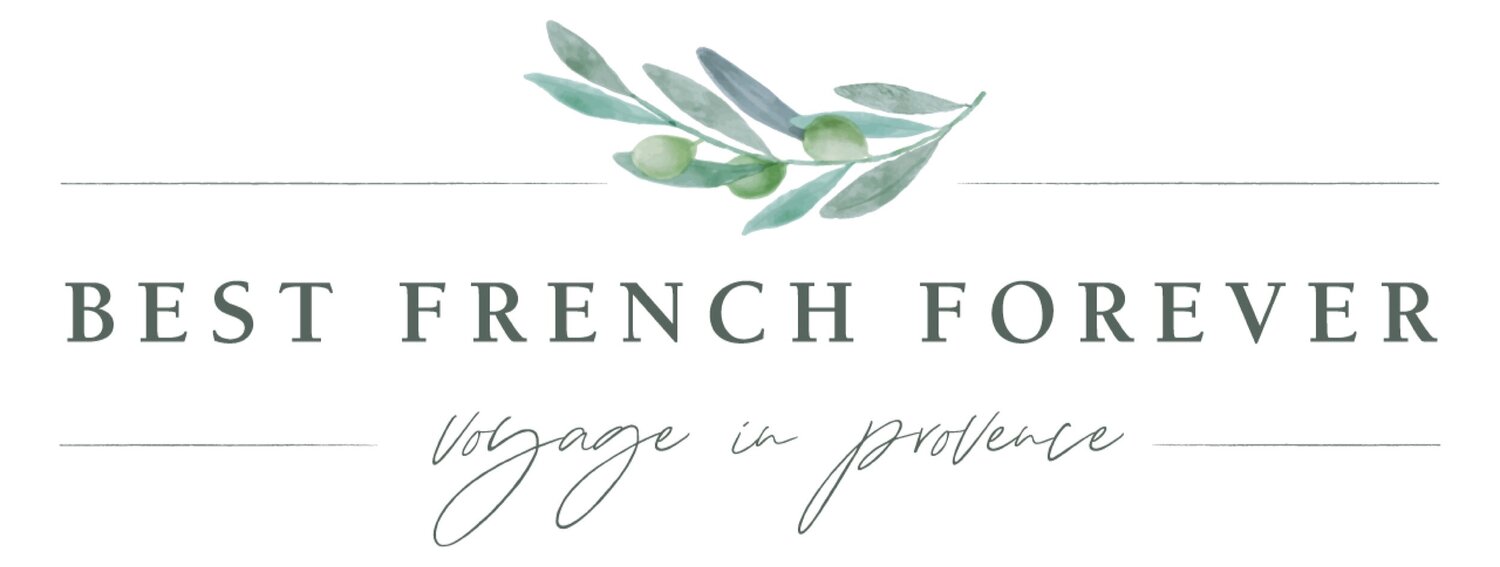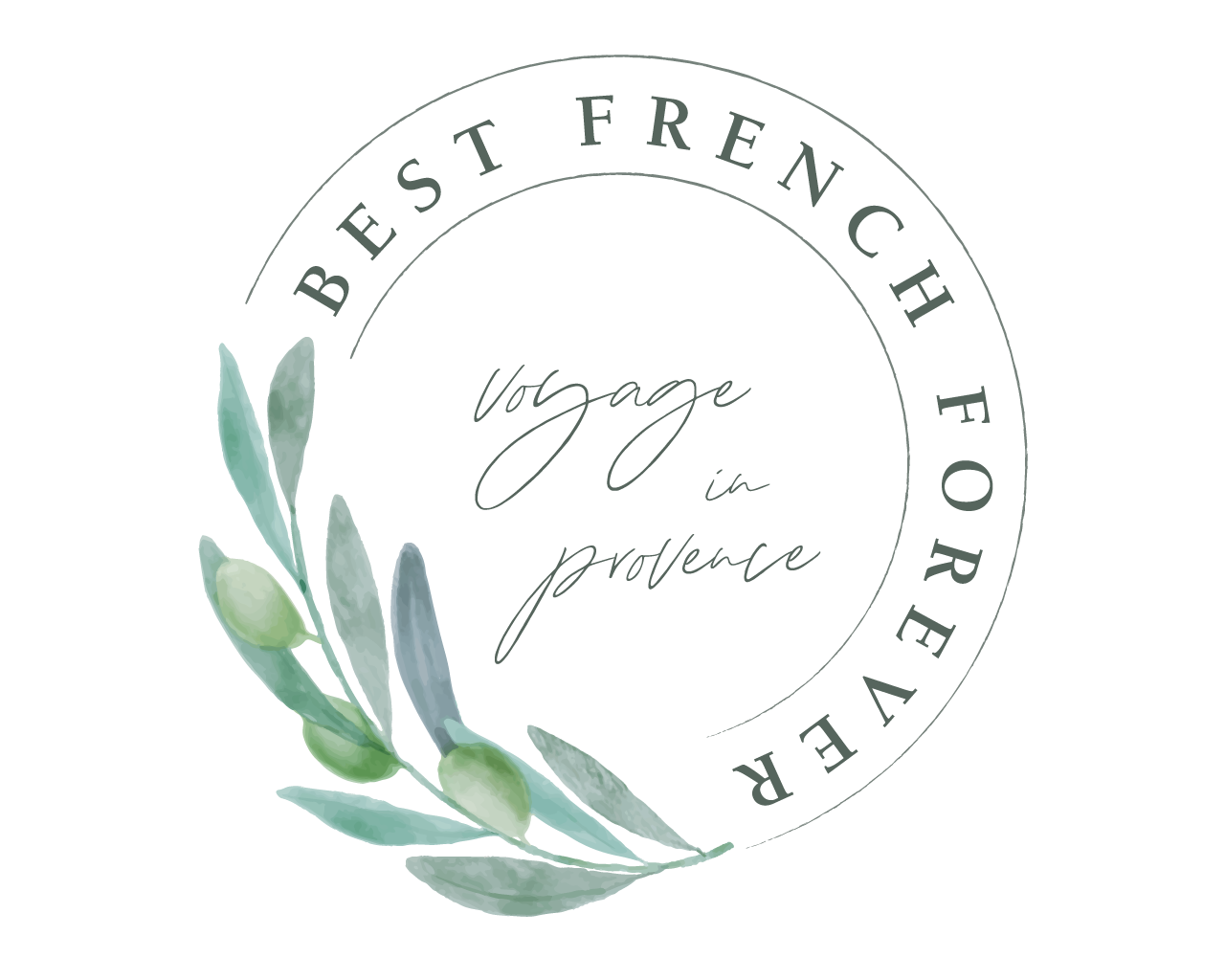French words you use every day
… And how the French actually pronounce them.
Want to know what was one of my favorite games as I was learning English? Finding all the French words that had made their way into the language of Shakespeare (or Hemingway I should say). Yes, there are many of them — probably a testimony of our long lasting history and French-American connection.
You may not notice them, but luckily I am here to bring them to your attention!
Let’s start with the food
France being such an influence in the world of cooking, you find a lot of French words in the English language as it relates to food and cuisine (which, by the way, means both cuisine and kitchen in French).
What you call “entrée” is for us the “plat principal” (main dish). In French, une entrée is an appetizer (and an entrance, too).
Also, the word “chef” in English only refers to the master cook in the kitchen. In French, chef is also used for “chief” or “boss.” So if you hear a French person saying “mon chef,” it doesn’t mean they have a private chef at home but are just gossiping about their boss ;)
Another one I like to hear is hors d’oeuvre. It’s not an easy one to pronounce in French and I think people struggle with it in English too. Oh and I double checked, this is indeed the correct spelling: hors d’oeuvre. You’re welcome!
French words in the fashion world
Now let’s switch gears to fashion. The one I always have a hard time getting straight when I hear it is lingerie. In English, it sounds to me as “lounge-ray”. In French, it is “lin-je-ree.”
I love the word “petite” which seems to be used for small sizes. In French, petite is the feminine adjective for short or small (masculine is petit).
Then there are couture, chic, beret or avant-garde that means the same in French and are pronounced similarly.
Oh and one more: risqué. In French, it simply means risky, and doesn’t have anything to do with the way you dress.
Last but not least, the faux-amis
Finally, here is a list of French words used in English that I had to think twice before using:
Entourage: from what I’ve gathered, this word in English is used to call the staff surrounding a celebrity (stylist, agent, etc…). In France, your entourage is your relatives or circle of friends, people you’re close with.
Casserole: in French, une casserole is a kitchen pot, so not quite the same meaning. The French for a casserole (oven-baked dish) is “gratin.” Not confusing at all.
Ballet: the French for ballet is “danse classique,” and un ballet in French is the choreography part. Not quite the same.
Matinee: you would use it for a daytime performance in English, while in French, matinée means the morning.
Rendez-vous: in my early days learning English, I used to say “I have a date with my dentist next week” until I realized that a rendez-vous in English is more of a romantic date. In French, it can mean both a date and an appointment. It’s all about the context! (And no, I never dated a dentist.)
I hope you enjoyed learning the meaning behind these everyday words. Soon I’ll share a video of how all these words are actually pronounced in French, so you can hear the difference!
Want to learn more about the French culture and language?
Sign up to our newsletter and receive your dose of Frenchness every month.


